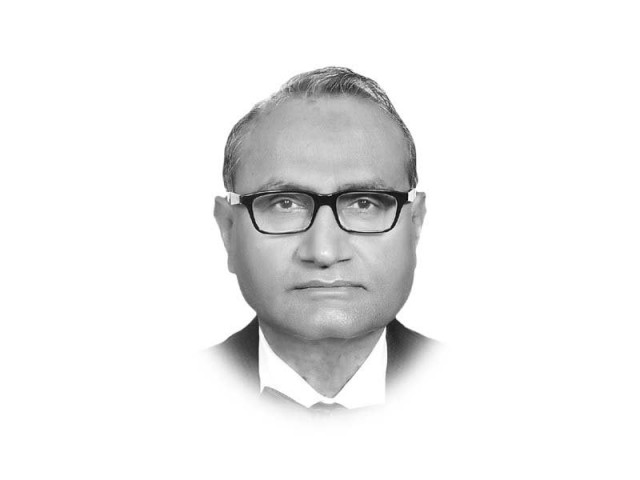Bank of Punjab deserves better
Under an open-to-interpretation corporate governance rule, the board is without a chairman since August

The writer is a senior economist.
He can be contacted at
pervez.tahir@tribune.com.pk
An important case in point is the Bank of Punjab (BOP). Not long ago it was being considered for outright closure or privatisation. In the past five years, it has been turned around and is now a thriving profitable venture. While the Sindh government is considering financial support for the ailing Sindh Bank and the K-P government’s Bank of Khyber is facing declining profits, the BOP has vacated the letter of comfort provided by the government of Punjab. As of December 31, 2017, it is fully providing against legacy non-performing loans, earlier covered through these letters of comfort. For the first time in a decade, a cash dividend of 7.5% was declared for the shareholders in 2018. It is revamping its human resource policies to reduce the gap between the lowest and the highest paid employees.
Maintaining the growth trends of the past three years, the unaudited financial statement for the half year ended June 30, 2019 showed a before-tax profit of Rs6.93 billion as against Rs6.15 billion earned during the first half of 2018 — an increase of 13%. Earnings per share improved to Rs1.52 per share as compared to Rs1.43 for the corresponding period last year. Other critical indicators showed similar improvement. It is fully compliant with the provisioning and capital adequacy requirements prescribed by the State Bank. No less important, the BOP stands ready to shoulder its responsibility as a public sector bank to support initiatives by the Punjab government.
The good innings has continued despite the laziness of the official decision-making. For the past two years, the BOP has functioned without a duly-tenured president. The position was advertised in September 2017. A selection committee held four meetings in the following month and made its recommendations. In January 2018, the government decided to give another year to the incumbent instead. The committee was de-notified in June 2018. In December 2018, the incumbent left and the deputy CEO was notified to act as president. The post was re-advertised on November 7, 2018. An appointment was made on April 26, 2019. The appointment was not cleared by the State Bank. In September 2019, the post was again advertised. And there the matter stands. Not only that there is no captain of the team, the membership of the Board of Directors has reduced to the bare minimum of four. Seven members remain to be appointed. Since August, the Board is also without a chairman. Under an open-to-interpretation corporate governance rule, two members whose term expired months ago have been made to continue to fulfil the mandatory requirement of independent members in certain Board committees.
With a procrastinating decision process like this, the good innings of the BOP might come to an abrupt end. The responsibility for this will lie with all types of government — the previous, the caretaker and the present. Was poet Alexander Pope right when he said, “For forms of government let fools contest/ That which is best administered is best”, or the United States president John Adams, who thought “Pope flattered tyrants too much”?
Published in The Express Tribune, October 4th, 2019.
Like Opinion & Editorial on Facebook, follow @ETOpEd on Twitter to receive all updates on all our daily pieces.














COMMENTS
Comments are moderated and generally will be posted if they are on-topic and not abusive.
For more information, please see our Comments FAQ